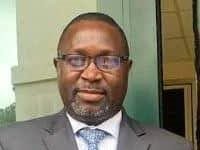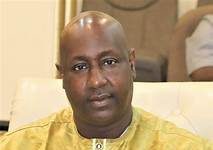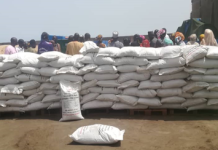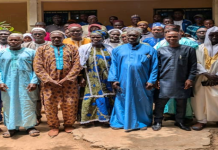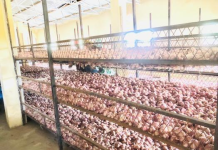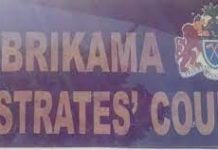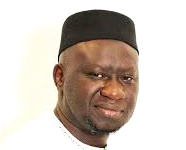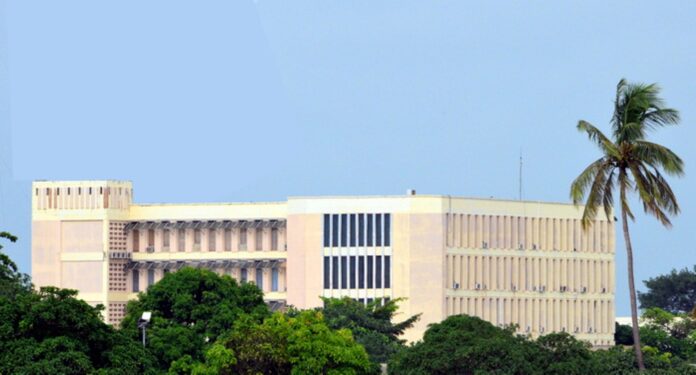
By: Kebba AF Touray
The governor of the Central Bank, Mr. Buah Saidy, has revealed that most of the Gambia’s debts are legacy loans.
This means that they are debts or loans that have been contracted during the past 22 years regime of former President Yahya Jammeh.
Governor Saidy said this during the question and answer session of the Monetary Policy Committee meeting at the Central Bank of the Gambia, on Thursday 28th May 2021.
During the presentation of the MPC’s press release, Governor Saidy said the country’s domestic debt currently stands at D35.84 billion in April 2021, from 33.67 million in the comparative period in 2020. He said in the past, they have been running huge budget deficits in order to take care of government’s operations and developmental needs of the country.
“It is not best way of financing government’s operation, but it has happened and we have to live with it. The bulk of revenue still goes to debt service payment, but that is being reduced as new debts are not contracted at the rate as it was done in the past,” he said.
Saidy also explained that efforts are being made to restructure the debts so that most of the existing short-term debts could be moved to medium and long term. He said this will free space for the revenues that have been used to pay for the legacy loan to be invested and increase revenue activities generation.
On remittances, Governor Saidy said that the increasing trend continued to hold and as at end April, it has increased to US$253.9 from US$ 137 a year ago, which shows an increase of US$2.29 billion (within four months). He said the increase was due largely to Gambians who are working and living abroad and continue to invest and take care of their families in The Gambia, coupled with the renewed confidence in the Gambian economy.
On government borrowing at free interest, he said: “There is no free borrowing in economy and there is cost to everything and if the government borrows, there is high cost attached to it. It is very essential and prudent for any government to maintain a minimal and manageable fiscal deficit.”
This, he said, is ensured by the government through aligning and tries its utmost to balance expenditure and revenues.
On major economic achievements of the current government, the CB Chief Officer explained that the government’s prudent economic management has been a major economic achievement of the current administration.
Governor Saidy further said that when the COVID-19 pandemic struck the shores of the Gambia, the first thing they did with the mega resources was to try mobilize resources and contain the pandemic. He said the pandemic has hit hard advanced countries despite their strong economy and sophistication in terms of technology.
“The government also created an additional D250 million to augment the COVID health fund, giving a total D750 million,” he said.
Saidy said in order to help provide food relief package to be able to keep them indoors to contain the spread of the pandemic, the finance ministry and the government devised ways to reallocate from nonessential expenditure to create the COVID food fund.
“The amount of money spent on providing food relief to the vulnerable Gambians was D813 Million and the transportation of the food items cost at the time D35 Million. All that was done whilst keeping other essential government services functioning and nobody was laid off,” he said.
He also stressed that the government has also provided stimulus package to take care of the impact of the pandemic on the livelihoods of the people.
“The Gambia Revenue Authority also devised a payment plan and tax relief for the business. They differed payment period for the businesses and ensure that they pay their taxes without interest. This aims to ensure that the businesses are given free space and ample time to pay their tax, whilst making sure that the businesses don’t go scot free in paying taxes,” he said.



